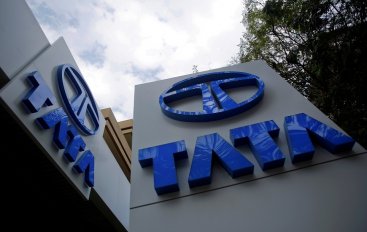
Team News Riveting
Tata Group had taken a big leap forward in country’s combat against Covid-19 as Regulator Drug Controller General of India (DCGI) gave the green signal to India’s first Clustered Regularly Interspaced Short Palindromic Repeats (CRISPR) Covid-19 test.
“Feluda,” as the test will be known, has been developed by Tata Medical and Diagnostics—a newly set up arm of Tata Sons incorporated in July 2020 and CSIR-IGIB (Institute of Genomics and Integrative Biology).
This marks Tata Groups venturing into manufacturing medical devices. The company had described the low cost test as a ‘Made in India’ product that is “safe, reliable, affordable, and accessible”.
The Tata CRISPR test is the world’s first diagnostic test to deploy a specially adapted Cas9 protein to successfully detect the virus causing Covid-19. This marks a significant achievement for the Indian scientific community, moving from Research and Development to a high-accuracy, scalable and reliable test in less than 100 days.
The test achieves accuracy levels of traditional RT-PCR tests, with quicker turnaround time, less expensive equipment, and better ease of use. Moreover, CRISPR is a futuristic technology that can also be configured for detection of multiple other pathogens in the future.
The effort is the result of a fruitful collaboration between the scientific community and industry. The Tata Group has worked closely with CSIR-IGIB and ICMR to create a high-quality test that will help the nation ramp up Covid-19 testing quickly and economically.
Girish Krishnamurthy, CEO, TATA Medical and Diagnostics Ltd, said, “The approval for the Tata CRISPR test for COVID-19 will give a boost to the country’s efforts in fighting the global pandemic. The commercialization of the Tata CRISPR test reflects the tremendous Research and Development talent in the country, which can collaborate to transform India’s contributions to the global healthcare and scientific research world.”
The test met the high-quality benchmarks with 96 per cent sensitivity and 98 per cent specificity for detecting the novel coronavirus.



